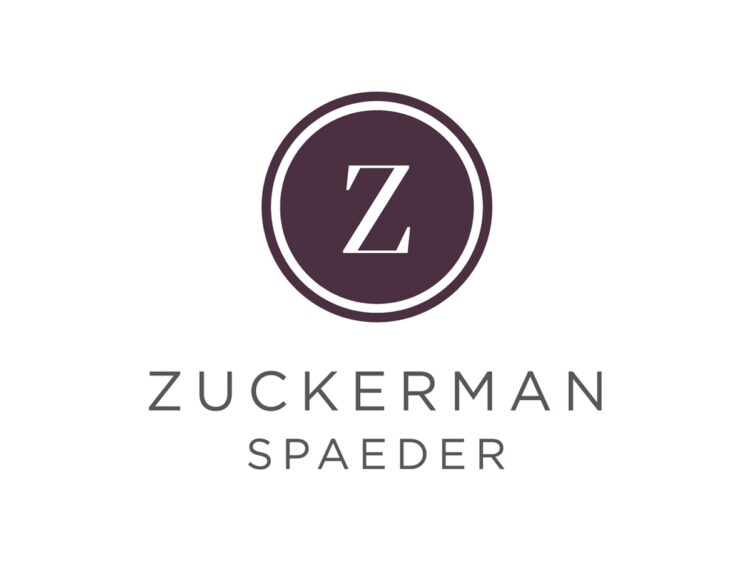
The American Bar Affiliation’s Nationwide Institute on White Collar Crime has lengthy centered on regulating, prosecuting, and defending evolving permutations of fraud, or allegedly fraudulent conduct. On the thirty ninth annual occasion, held March 6-8 in San Francisco, a brand new focus was on how numerous companies intend to manage synthetic intelligence (“AI”) within the white collar area. Some bulletins have been new to the convention, whereas others repeated company steerage issued in current months. Taken collectively, the bulletins verify that regulators are unified of their concern that left unchecked, AI may amplify monetary crimes and their dedication to nip that risk within the bud.
First, regulators are dedicating appreciable assets to grasp AI and the dangers this know-how poses. Legal professional Basic Merrick Garland introduced Jonathan Mayer because the Justice Division’s first Chief Science and Know-how Advisor and Chief Synthetic Intelligence (AI) Officer. Mayer is an assistant professor at Princeton College’s Division of Pc Science and is tasked with getting the Division (and its enforcement efforts) on top of things on AI and different emergent applied sciences. Deputy Legal professional Basic Lisa Monaco additionally spotlighted the Department’s “Justice AI” initiative, a collection of roundtables with specialists from legislation enforcement, academia, and the non-public sector. These panels are prone to inform the Division’s future enforcement efforts and add substance to the coverage priorities outlined at this 12 months’s convention.
Second, the Division is taking a “tough-on-AI” stance. In a way, this must be nothing new, as DAG Monaco quipped that “fraud utilizing AI remains to be fraud.” However the Division’s efforts seem to go additional, as DAG Monaco warned that crimes enhanced by AI will face enhanced penalties. DAG Monaco introduced that she has instructed prosecutors to hunt stiffer penalties when criminals use AI to reinforce the scope and magnitude of white collar crimes. Notably, these penalties will apply to each corporations and people.
This strict place on AI extends to company compliance applications. DAG Monaco defined that the Division expects corporations to undertake company compliance applications that mitigate AI-related threat. These expectations will likely be mirrored in future updates to the Prison Division’s Evaluation of Corporate Compliance Programs, and corporations ought to stay alert for these modifications.
Third, regulators had way more to say about AI’s threat than its potential rewards. Though AG Garland spoke of the “nice promise and the danger of nice hurt” that AI may result in, regulators on the convention spoke way more of potential peril than potential promise. DAG Monaco spoke of AI as a “double-edged sword,” but her speech—and others—centered nearly completely on deterring AI-driven crime, with little stated about how AI may be used to detect and disrupt white collar crime. This was a change of emphasis from remarks she made earlier this 12 months, the place she acknowledged the Division wished to grasp “how to make sure we speed up AI’s potential for good whereas guarding towards its dangers.”
And whereas AI-related warnings from DOJ officers have been stern, they have been additionally imprecise. Regulators are little doubt involved that using AI may supercharge wrongdoing, however have been gentle on the particulars of how they imagine that may play out. Division officers spoke of AI in broad phrases, with out, for instance, differentiating generative AI from productive AI or figuring out explicit AI functions as sources of considerations. It stays to be seen how enhanced penalties and steerage on compliance will come to bear in future enforcement actions.
Fourth, the DOJ isn’t the one regulator with AI in its sights. SEC officers spoke in concrete phrases about how corporations may face legal responsibility for deceptive traders in relation to AI. SEC Enforcement Director Gurbrir Grewal expressed his crew’s curiosity in regulating corporations that mislead traders about using AI of their funding methods, coining the time period “AI-washing.” On this sense, Director Grewal was echoing remarks of SEC Chair Gary Gensler, who stated in February that corporations might must make particularized disclosures about how and the place they use AI shifting ahead.
Jason Lee, Affiliate Regional Director of the SEC’s Enforcement Division, elaborated on Director Grewal’s feedback in a later panel, explaining that the SEC was cautious that corporations would possibly search to capitalize on buzz round AI to mislead traders. This warning adopted a January 25, 2024 Investor Alert issued by the SEC, FINRA, and the North American Securities Directors Affiliation (NASAA), which urged customers to be skeptical of corporations touting their AI skills. Mr. Lee additional famous that corporations may face legal responsibility after they fail to reveal AI-related dangers, together with the dangers an organization takes through the use of AI know-how in addition to any threat an organization would possibly face from rising AI applied sciences rendering its merchandise out of date.
To conclude, regulators are critical about their efforts to manage AI, however at this level any AI enforcement actions stay speculative. A persistent chorus from regulators was that corporations ought to “knock on our door earlier than we knock on yours.” This mantra little doubt applies to AI compliance as effectively, and regulators clearly need corporations to proactively assess dangers related to their use of AI. These efforts ought to embrace lowering potential misuse of AI by staff and guarding towards biases and overpromises related to AI options.


